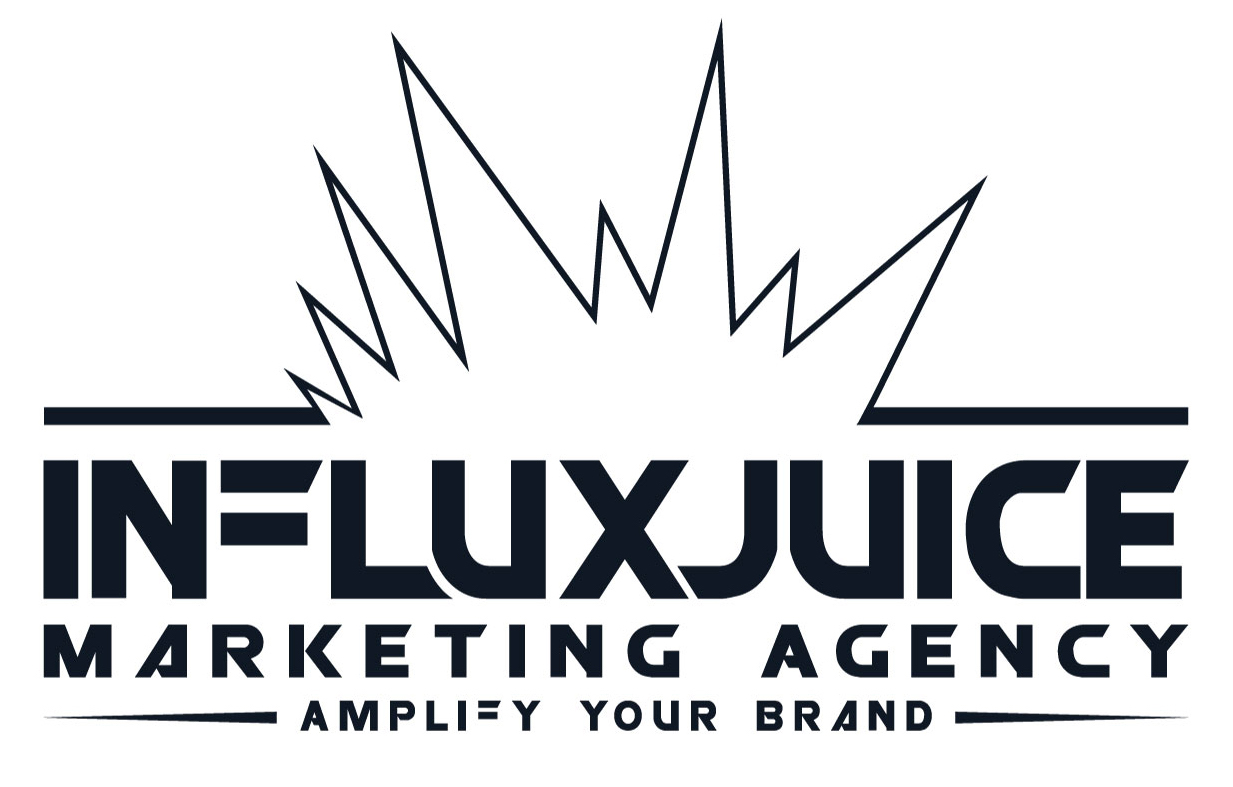Have you considered how the metaverse will affect your marketing? Before we get to that, what on earth is the metaverse anyway?
The metaverse is a digital universe where users can interact with each other and digital objects in a 3D environment. It may sound far fetched to us middle-aged marketers but not to Gen Z consumers. The metaverse is rapidly gaining traction, ignore it at your peril!
As this virtual world evolves, businesses must explore its potential to reach new audiences and create innovative marketing experiences.
Understanding the Metaverse
The metaverse is a collective virtual shared space, created by the convergence of virtually enhanced physical reality and physically persistent virtual spaces. It is a digital realm where users can interact with each other and digital objects in a 3D environment. Think of it as a persistent, shared virtual world that spans multiple platforms and devices.
The Potential of the Metaverse for Marketing and Advertising
The metaverse offers a unique opportunity for brands to connect with consumers in immersive and engaging ways. Here are some of the potential benefits:
- Increased Engagement: The immersive nature of the metaverse can lead to deeper engagement with consumers, as they can interact with brands in a more personal and interactive way.
- New Revenue Streams: Brands can generate revenue through in-metaverse purchases, such as virtual goods, experiences, or advertising.
- Enhanced Customer Experiences: The metaverse can provide unique and memorable experiences for customers, strengthening brand loyalty.
- Data Collection: Brands can collect valuable data on consumer behaviour and preferences within the metaverse, enabling them to tailor their marketing efforts more effectively.
Challenges and Opportunities of Building a Brand in the Metaverse
Building a successful brand in the metaverse presents both challenges and opportunities:
- Technical Complexity: Creating immersive metaverse experiences requires technical expertise and significant investment.
- User Experience: Ensuring a positive user experience is crucial for success in the metaverse. Brands must focus on creating engaging and intuitive experiences.
- Interoperability: As the metaverse continues to evolve, ensuring interoperability between different platforms will be essential.
- Regulatory Landscape: The regulatory landscape for the metaverse is still developing, and businesses must stay informed of relevant laws and regulations.
Best Practices for Creating Immersive Metaverse Experiences
To create successful metaverse experiences, brands should consider the following best practices:
- Understand Your Target Audience: Identify the demographics, interests, and preferences of your target audience within the metaverse.
- Create a Compelling Narrative: Develop a compelling story or narrative that aligns with your brand’s values and resonates with your target audience.
- Leverage User-Generated Content: Encourage users to create their own content within your metaverse experience to foster community and engagement.
- Prioritise User Experience: Ensure that your metaverse experience is easy to navigate and provides a seamless user experience.
- Measure and Analyse: Track key metrics such as user engagement, time spent in the metaverse, and return on investment to measure the effectiveness of your metaverse strategy.
Case Studies of Successful Metaverse Marketing
Many brands have already begun experimenting with the metaverse. Here are a few examples of successful metaverse marketing campaigns:
- Decentraland’s Fashion Week: Decentraland, a popular metaverse platform, hosted a virtual fashion week that featured digital fashion shows from top brands like Dolce & Gabbana and Tommy Hilfiger.
- Nike’s Nikeland: Nike created a virtual world within Roblox called Nikeland where users can play games, customise avatars, and purchase virtual Nike products.
- Coca-Cola’s Pixel Vault Collaboration: Coca-Cola partnered with Pixel Vault, a digital art studio, to create a series of NFTs that could be redeemed for physical products and experiences.
The Future of the Metaverse
The metaverse is still in its early stages, but its potential is vast. As technology continues to advance and AI evolves, we can expect to see even more innovative and immersive metaverse experiences. Brands that are able to adapt and embrace the metaverse will be well-positioned to capitalise on this new frontier.
Conclusion
The metaverse represents a new and exciting opportunity for brands to connect with consumers and create innovative marketing experiences. By understanding the potential benefits, challenges, and best practices, businesses can leverage this technology to drive growth and success.
What are Your Thoughts on Marketing in the Metaverse?
- How do you envision the metaverse evolving in the next five years?
- What ethical considerations should brands keep in mind when operating in the metaverse?
- What are some potential challenges and risks associated with investing in the metaverse?
- How can businesses ensure a positive user experience within the metaverse?
- What role do you think influencers and creators will play in shaping the future of the metaverse?
_________________________________________________________________
Is your business on the first page of Google? Is it on the 2nd? 3rd?
Did you know 75% of users click on one of the top three search results on Google?
Want to learn how to get your business ranked in the top 3 of Google?
Tap here to chat to me and I’ll let you know.
If you’ve enjoyed reading today’s blog, please share our blog link below.
Do you have a blog on business and marketing that you’d like to share on influxjuice.com/blog? Contact me at rob@influxjuice.com.
Tap here for your SEO Cheatsheet and Marketing Guide.

